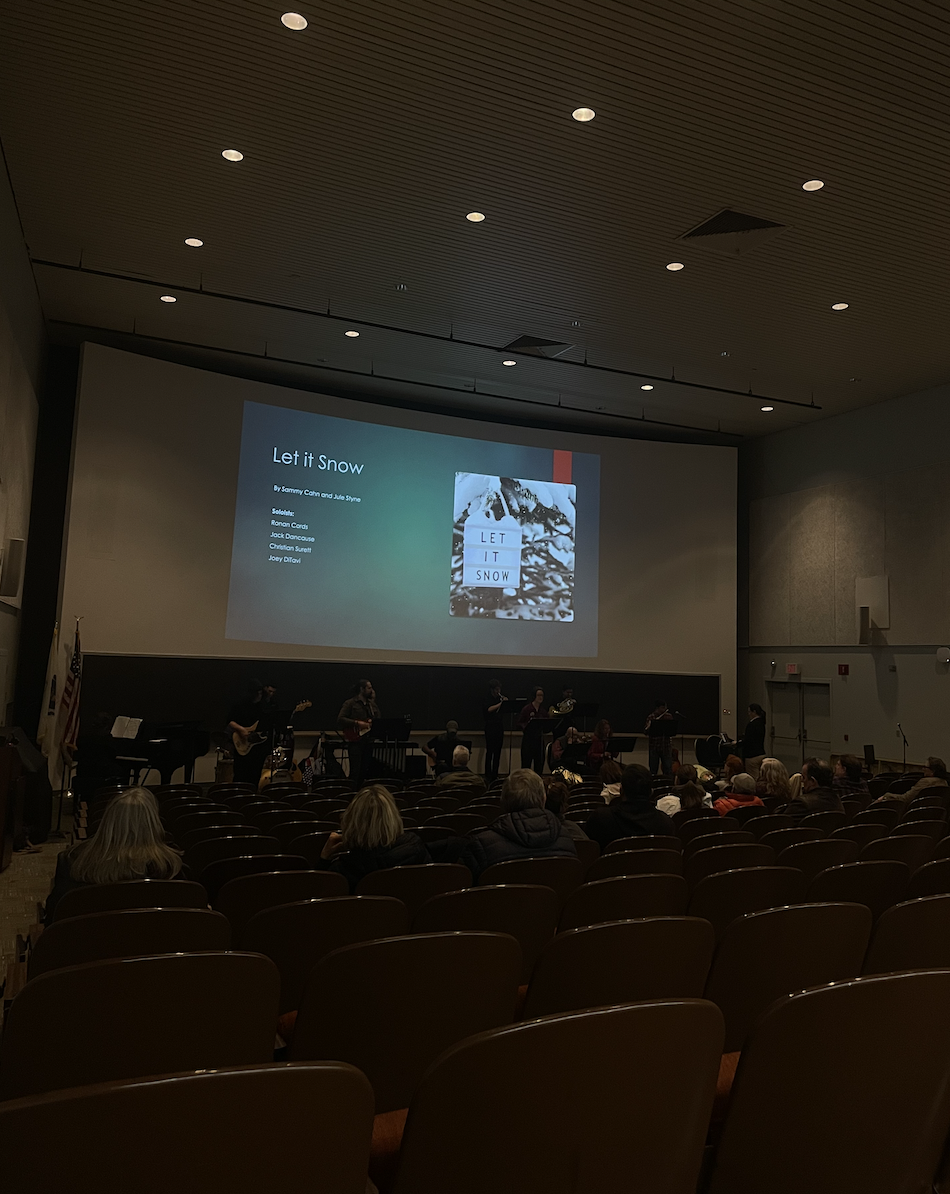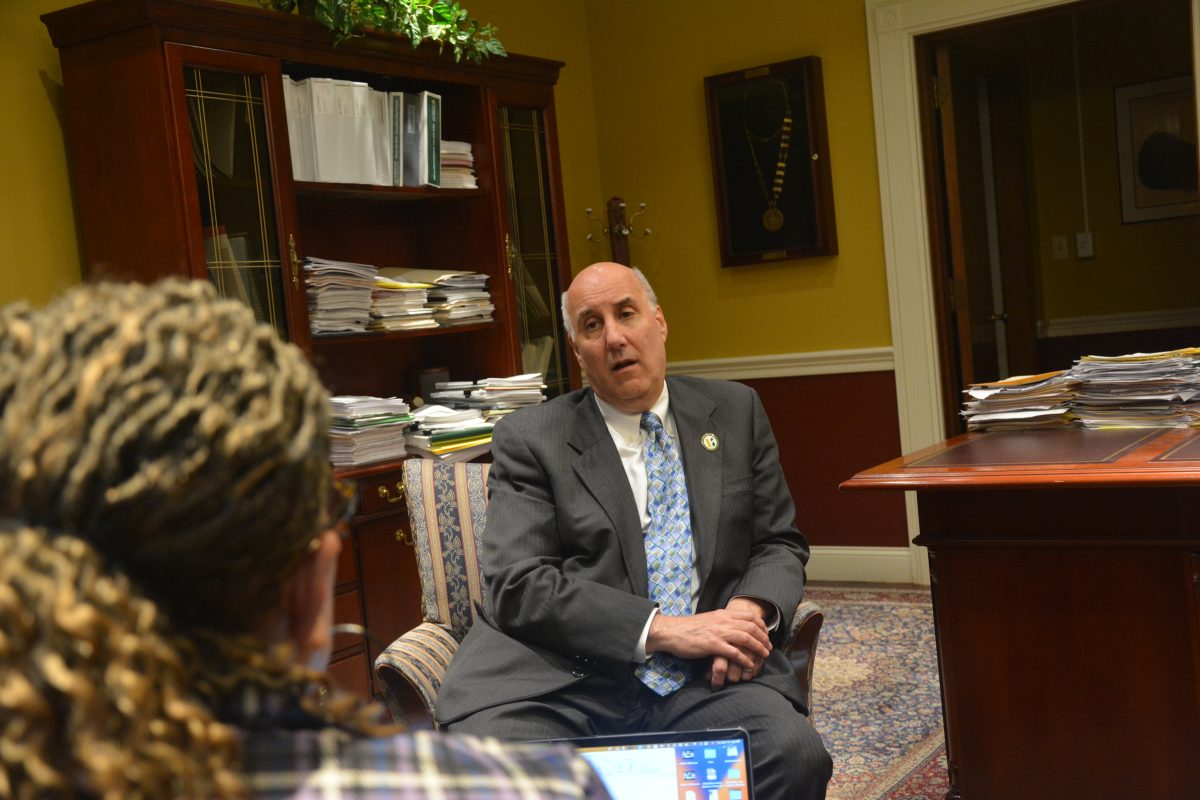Every year, the flu spreads across college campuses nationwide. Living in crowded dorms, sharing bathrooms, and participating in numerous social activities make students more susceptible to catching the flu.
According to the Centers for Disease Control and Prevention (CDC), the flu virus can be spread from person to person up to six feet away. It is easily passed through coughing or sneezing and can also be spread by touching a contaminated object.
Flu.gov offers the following suggestions for college students who have flu-like symptoms: they should stay away from classes and limit interactions with other people, except to seek medical care; they should remain home or in their dorm until they have been symptom-free for 24 hours (this should be determined when not using fever reducing medicines); they should consider returning home to prevent others from getting sick if their permanent residence is not far away.
Students should immediately seek medical attention if they are concerned about their illness or if they develop severe symptoms such as increased fever, shortness of breath, chest pain or pressure, rapid breathing, severe vomiting or vomiting that does not go away. They should also seek medical attention if flu-like symptoms improve, but then return with a fever and a worsening cough.
MedlinePlus, the National Institutes of Health’s website, also offers information for college students about how to treat flu-like symptoms. They’re encouraged to take over-the-counter medicines for fever, sore throat and cold-like symptoms, rest and drink plenty of fluids, and ask their doctor if antiviral medicine is right for them.
Phil Bowers, Director of Fitchburg State Dining Services, reported that students who are ill and are unable to attend meals at Holmes Dining Commons may request a meal to go. In order to obtain said meal, students should have their Resident Assistant or other designated person go to HDC and speak with the manager on duty. At the time of pickup, they need to present the student ID of the person for whom they are requesting a meal to go. Bowers also reported “We left it opened for what a student may request for a meal because circumstances vary depending on the student and the illness.”

Dr. Stanley Bucholc Jr., Dean of Student and Academic Life at Fitchburg State University, reports that students sick with the flu should make an appointment with their doctor or Student Health Services. If the student is diagnosed with the flu, Health Services will contact Bucholc who then contacts the student’s professors to inform them of the excused absence.
Bucholc states “Professors are understanding and are good about helping students make up work.” He related that there had been a higher than normal number of students out with the flu a few years ago when the swine flu and bird flu were prevalent. He also says “The CDC monitored the number of flu cases and had some colleges cancel classes, but we did not have to close.” He said it was important to let students know that Health Services would be holding a Flu Clinic in October.
The flu season begins in October and continues until late May. Symptoms of the flu include a fever of 100° F degrees or higher and a cough and/or sore throat. Other symptoms include congestion, body aches, headache, chills, fatigue, nausea, vomiting and diarrhea. If you are sick with the flu, make an appointment with Health Services and try to limit contact with others to prevent spreading the virus. Take care of yourself and follow-up with professors when you are no longer sick.







